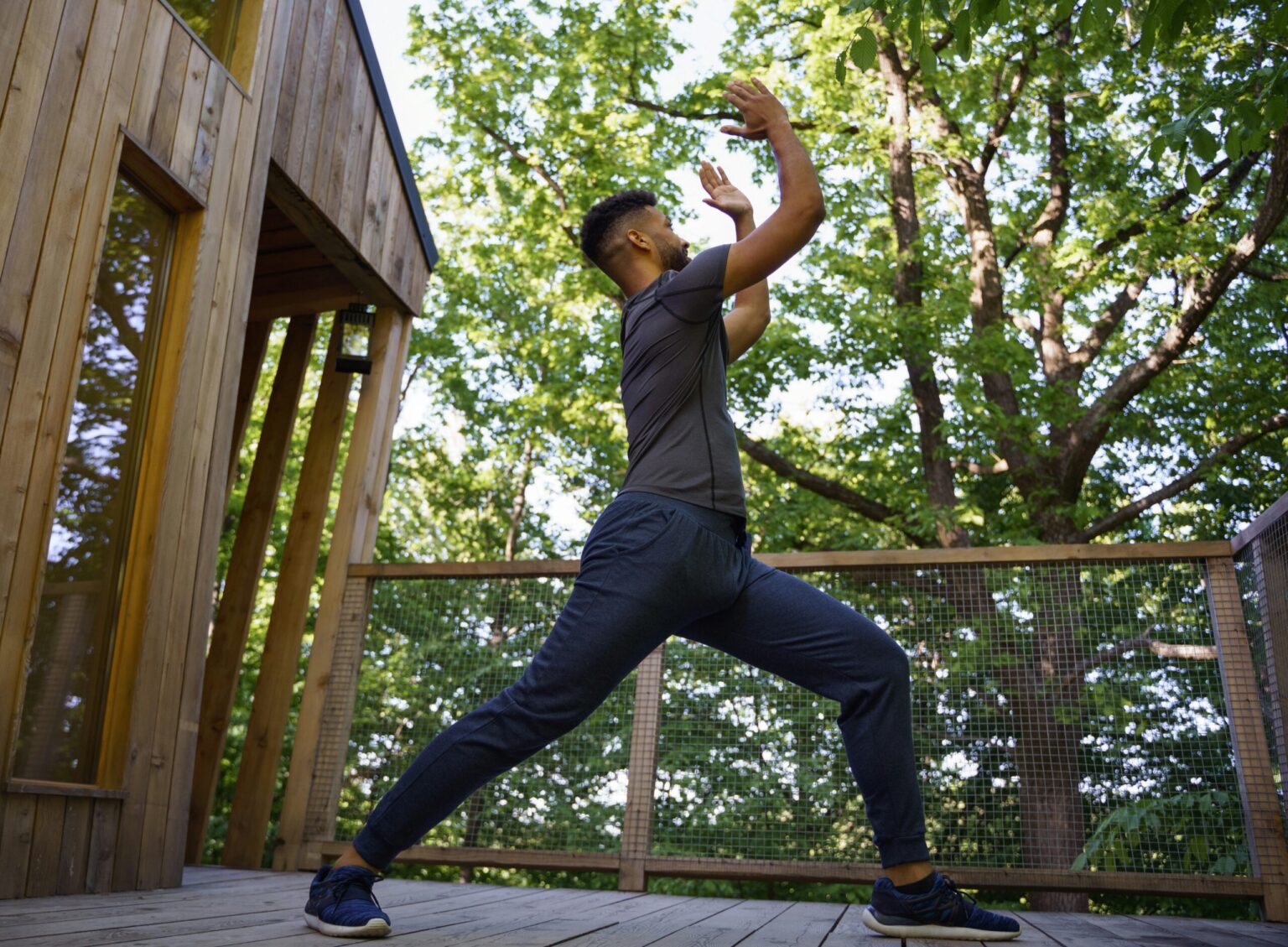Starting a healthier lifestyle can feel like a daunting challenge, but it doesn’t have to be filled with complicated diets or expensive gadgets. Whether you’re aiming to get fitter, feel more energized, or simply improve your overall wellness, there are practical changes you can make today that will have a long-lasting impact on your health. Here are over 24 expert-backed, no-nonsense strategies you can implement right now.
1. Get Stronger: Embrace Functional Movements
One of the best ways to ensure long-term health is to build muscle, not just for aesthetics, but for functional strength that keeps your body prepared for daily tasks. Regular strength training can significantly improve cardiovascular health, reduce stress, and even ease symptoms of anxiety and depression.
How to do it:
- 3 Days a Week: Focus on resistance training exercises like squats, lunges, push-ups, and deadlifts. Aim for 8-10 reps per set.
- 2 Days a Week: Incorporate high-intensity interval training (HIIT) to boost cardiovascular endurance.
- 1 Day a Week: Finish the week with low-intensity activities like a brisk walk or restorative yoga.
By following this routine for several weeks, you’ll start to notice improvements in your strength and overall energy.
2. Prioritize Sleep: The Foundation of Health
Sleep is one of the most important factors when it comes to both physical and mental well-being. If you’re not getting the recommended 7-9 hours of sleep each night, your body and mind can suffer.
Tips to improve sleep:
- Replace your pillow every 2 years.
- Use a white noise machine to block out disruptive sounds.
- Ensure your bedroom is pitch dark by using blackout curtains.
- Aim for 7.5 hours of sleep per night. Avoid heavy meals or caffeine before bed.
A consistent bedtime routine and optimized sleep environment can drastically improve the quality of your rest.
3. Move More: Combat Sedentary Habits
Sitting for extended periods can increase your risk for several health issues like cardiovascular disease and diabetes. Incorporate more movement into your day, even if it’s just simple stretching or walking.
Simple strategies:
- Invest in an adjustable standing desk or alternate between sitting and standing every 30 minutes.
- Set reminders to stand, stretch, or walk for a few minutes every hour.
- Aim for at least 30 minutes of physical activity each day—it can be a casual walk, bike ride, or a brief workout session.
Movement doesn’t have to be strenuous, but staying active throughout the day helps to boost metabolism and mental clarity.
4. Take Regular Tech Breaks: Disconnect for Better Mental Health
Tech overload can affect your sleep, productivity, and relationships. Make it a habit to disconnect from your devices and spend more time being present in the moment.
How to do it:
- Turn off your phone during meals or social gatherings.
- Set a 20-minute limit for checking emails or social media.
- Practice a digital detox by spending a day without your devices to reconnect with nature or enjoy some offline activities.
These simple habits can reduce stress and help you reclaim time for self-care.
5. Start Your Day Right: Fuel Your Body with a Nutritious Breakfast
Breakfast is the most important meal of the day, and it’s crucial to fuel your body with the right nutrients after a night of rest. Avoid quick fixes like sugary cereal or pastries, and instead, opt for a balanced breakfast that will keep you energized all morning.
Healthy breakfast ideas:
- Overnight oats with nuts, fruit, and a bit of cinnamon.
- Breakfast fried rice made with brown rice, veggies, eggs, and avocado.
- Low-sugar smoothies with tofu, banana, and pumpkin puree for a creamy, nutrient-packed drink.
These meals are simple to prepare and offer a healthy mix of protein, fiber, and healthy fats.
6. Express Your Emotions: Mental Health Matters
Talking about your feelings can be just as important as physical health. Keeping your emotions bottled up can lead to stress and anxiety, but expressing them helps build mental resilience.
How to do it:
- Speak with a therapist regularly—many offer telemedicine options.
- Start small by confiding in a close friend or family member.
- Practice gratitude daily by writing down three things you’re thankful for. This simple practice can boost your mood and mental well-being.
Taking time to address mental health is just as vital as taking care of your body.
7. Stretch for Flexibility: Don’t Forget Mobility
Flexibility and mobility are key components of overall health. Regular stretching helps maintain joint health, prevents injuries, and improves your overall range of motion.
Simple stretching routine:
- Seated straddle to stretch hamstrings and lower back.
- Pigeon pose to target hips and glutes.
- Hip flexor stretch to improve posture and flexibility.
Set aside just 10 minutes a day to improve your mobility, and you’ll feel less stiff and more agile.
8. Finish What You Start: Focus on One Task at a Time
Multitasking may seem like a time-saver, but it actually leads to decreased productivity and higher stress. To improve your efficiency and reduce mistakes, focus on completing one task at a time.
How to improve focus:
- Use a time-blocking method to schedule tasks on your calendar.
- Eliminate distractions by setting up a quiet workspace.
- Prioritize tasks and commit to finishing them before moving on to the next.
This will not only help you be more productive but also reduce the mental clutter that multitasking brings.
